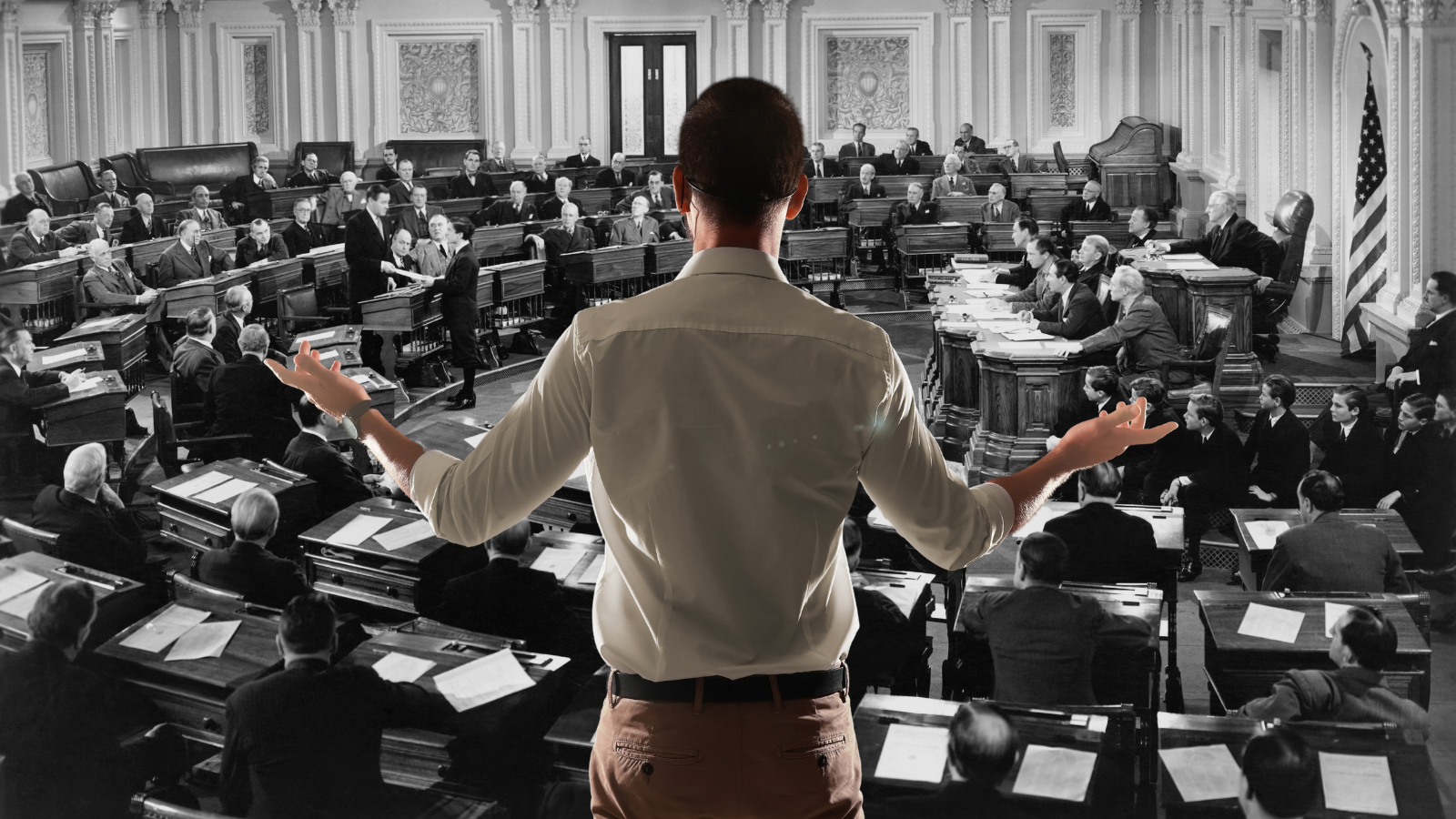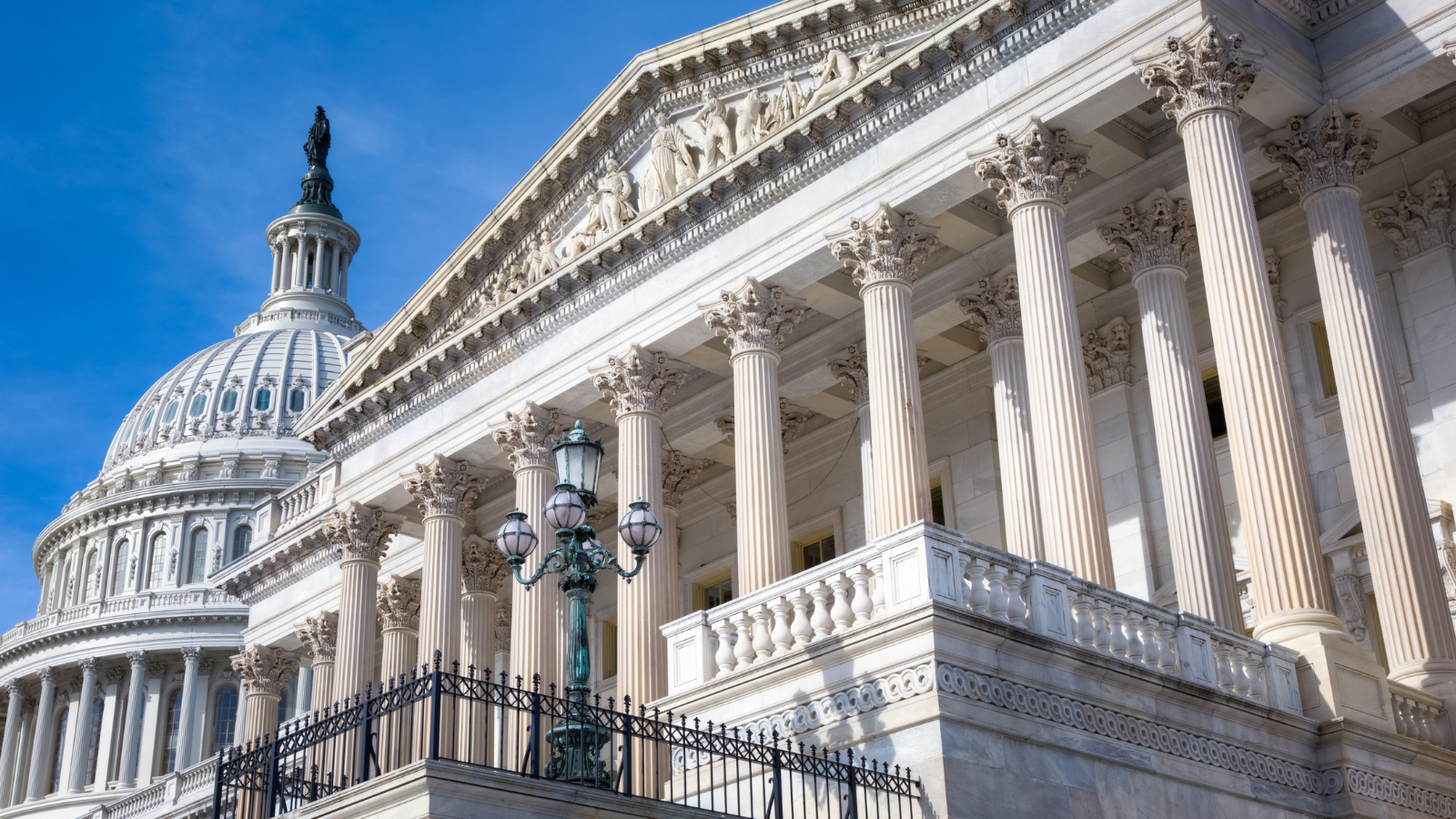House Republicans quick to blame Buttigieg for delayed Ohio train derailment response, but is this warranted?
Some state “no” - the real issue lies with the railroad industry’s lack of accountability and regulations after years of lobbying against compliance efforts. The railroad industry has repeatedly argued that increased regulations would lead to higher costs, which could ultimately result in higher prices for customers and reduced profitability for the industry. Another point of contention is that excessive regulations could limit the railroads’ ability to respond quickly to changing market conditions and lead to reduce efficiency, increased costs, and decreased competitiveness.
However, one of the primary reasons for increased regulation is safety. Railroads can be dangerous, and accidents can have severe consequences - consequences which remain to be fully seen in East Palestine, Ohio. The environmental impacts, including air pollution, noise pollution, and habitat destruction are also serious concerns. Railroads can be hazardous work environments, and regulations can help ensure that workers are protected from harm. This includes regulations related to worker safety, hours of service, and other working conditions.
Railroads are an essential part of of the transportation infrastructure, and as such, they are subject to public interest considerations. Increased regulation can help ensure that railroads are operated in a manner that serves the public interest, rather than just the interests of railroad companies.
The Senate passed a $105 billion bipartisan bill to improve air travel safety and customer service.
In a bid to further pressure Russia over its war in Ukraine, the U.S. Senate has unanimously passed a bill to prohibit Russian uranium imports.
The House Freedom Caucus is shaking things up with their demands for funding the reconstruction of Baltimore's Francis Scott Key Bridge.
Senator Bernie Sanders introduced legislation to cut the standard U.S. workweek from 40 to 32 hours over four years, without reducing pay.
Senator Rand Paul (R-Ky.) is opposing a unanimous passing of a bill, requiring Democrats to spend more time on it before a roll-call vote.
Former President Donald Trump expressed concerns about the proposed ban on Chinese-owned social media app TikTok in the United States during an interview on CNBC's "Squawk Box" on Monday.
The U.S. House of Representatives is speeding up a vote next week on a bill that would force China's ByteDance to sell off TikTok within six months or face a U.S. ban.
The US House of Representatives passed a $467.5 billion spending package to avoid a government shutdown, covering various sectors like agriculture and veterans' affairs.
A bipartisan group of U.S. lawmakers has introduced legislation to push China's ByteDance, owner of TikTok, to divest the app within six months or face a U.S. ban due to national security concerns over its Chinese ownership.
Congress appears ready to reverse a safety regulation that has hindered younger drivers from participating in a trucking program, as outlined in a bipartisan budget bill.
Sen. Alex Padilla, along with nine other Senate Democrats, is expressing concern about the direction of bipartisan border security negotiations, which are crucial for passing an emergency foreign aid package.
A new bill in response to the White House's executive order on AI has been introduced, aiming to provide Congress with input on the federal government's implementation of AI systems.
House Republicans are pressing the IRS for answers regarding the delay in processing new claims for the pandemic-era small business tax credit known as the employee retention credit (ERC).
The United States is facing the possibility of a government shutdown as Congress has until midnight on Saturday to pass a new budget.
House Speaker Kevin McCarthy has rejected a Senate stopgap funding bill, thereby escalating the risk of a fourth partial U.S. government shutdown in a decade.
Transportation Secretary Pete Buttigieg has issued a warning about potential airline disruptions if Congress fails to pass funding bills or reach a short-term resolution before the looming government shutdown deadline.
If the federal government shuts down on October 1, it will disrupt various services, impact workers, and cause political turmoil as House Republicans demand deep cuts in federal spending.
The House of Representatives has passed H.R. 1435, the Preserving Choice in Vehicle Purchases Act, which aims to prevent the EPA from allowing California to limit the sale or use of new internal combustion engine vehicles.
Transportation Secretary Pete Buttigieg has been actively promoting the Biden administration's infrastructure initiatives, emphasizing the progress made on various projects, including the Infrastructure Investment and Jobs Act (IIJA).
Congress is taking action to address the critical shortage of pharmaceutical drugs in the U.S., which has been exacerbated by the COVID-19 pandemic.
A bipartisan group of senators has introduced a bill aimed at strengthening the pharmaceutical supply chain by increasing drug manufacturing in the U.S. and allied countries.
Advocates for the self-driving vehicle industry have urged Congress to take action and regulate autonomous cars and trucks.
The Owner-Operator Independent Drivers Association (OOIDA) has expressed opposition to the PRO Act, stating that it would create confusion and jeopardize the established business model in the trucking industry.
The recent legislation proposed by Senators Tammy Baldwin and Roger Marshall called the "Reliable Rail Service Act," has raised concerns reminiscent of the 2008 financial crisis.
A congressional report reveals that the United States is grappling with critical medication shortages, prompting bipartisan senators to investigate the potential national security implications.
The Biden administration's Inflation Reduction Act (IRA), aimed at promoting clean energy technologies and bolstering the US clean energy industry, has had a significant impact on the lithium-ion battery (LiB) value chain for electric vehicles and energy storage.
he debt ceiling battle of 2023 ended with a relatively normal budget deal reached between President Joe Biden and House Speaker Kevin McCarthy, despite the heated rhetoric and talk of default.
The U.S. House Committee on Transportation and Infrastructure has endorsed a series of bills, aiming to fortify and secure American supply chains against potential disturbances.
A recent poll conducted by AP-NORC revealed that approximately two-thirds of Americans expressed growing concerns over the potential impact on the economy if the US debt limit is not raised.































The Republican-led U.S. House of Representatives passed the Israel Security Assistance Support Act on Thursday, pushing President Biden to send weapons to Israel more quickly.